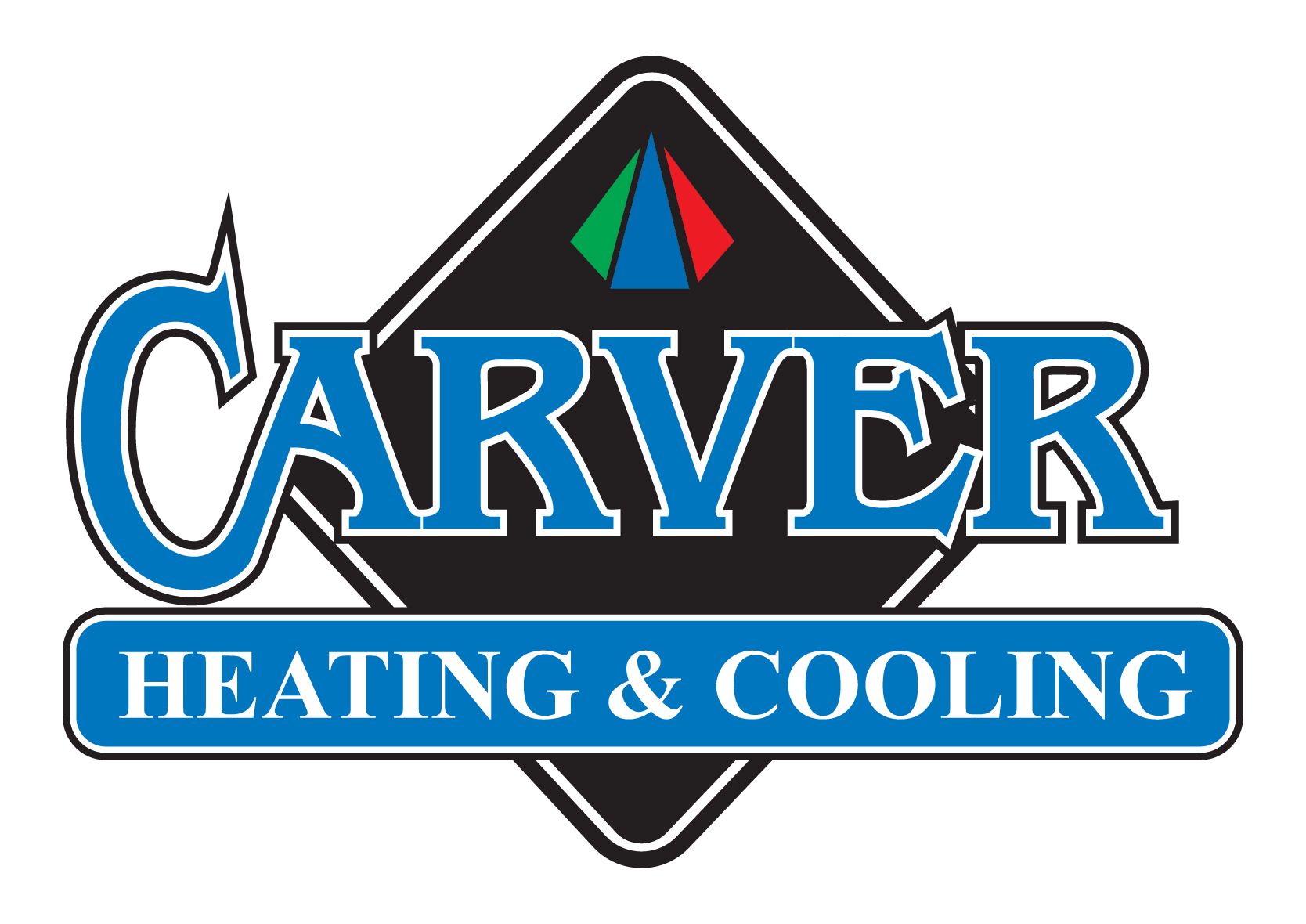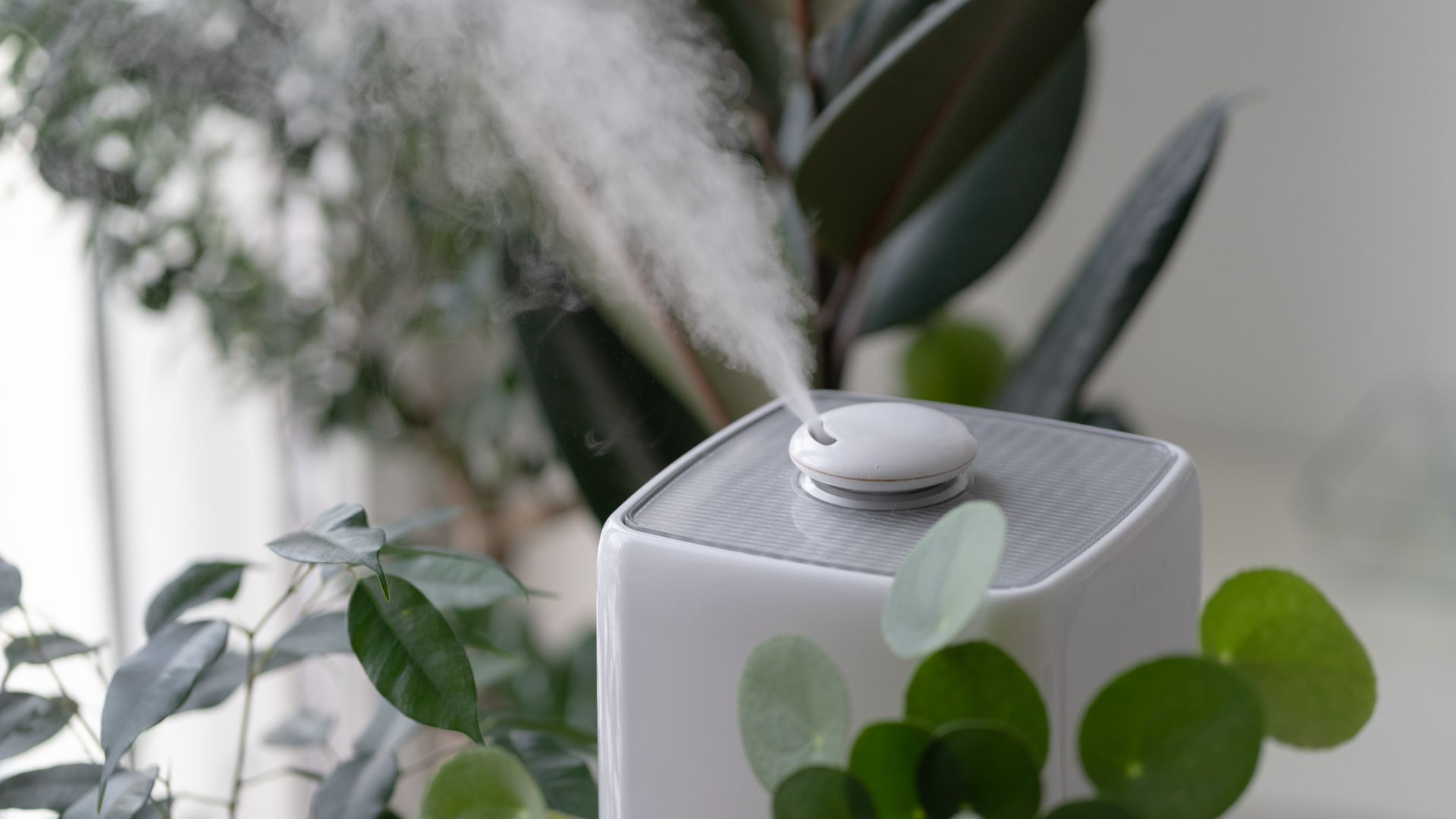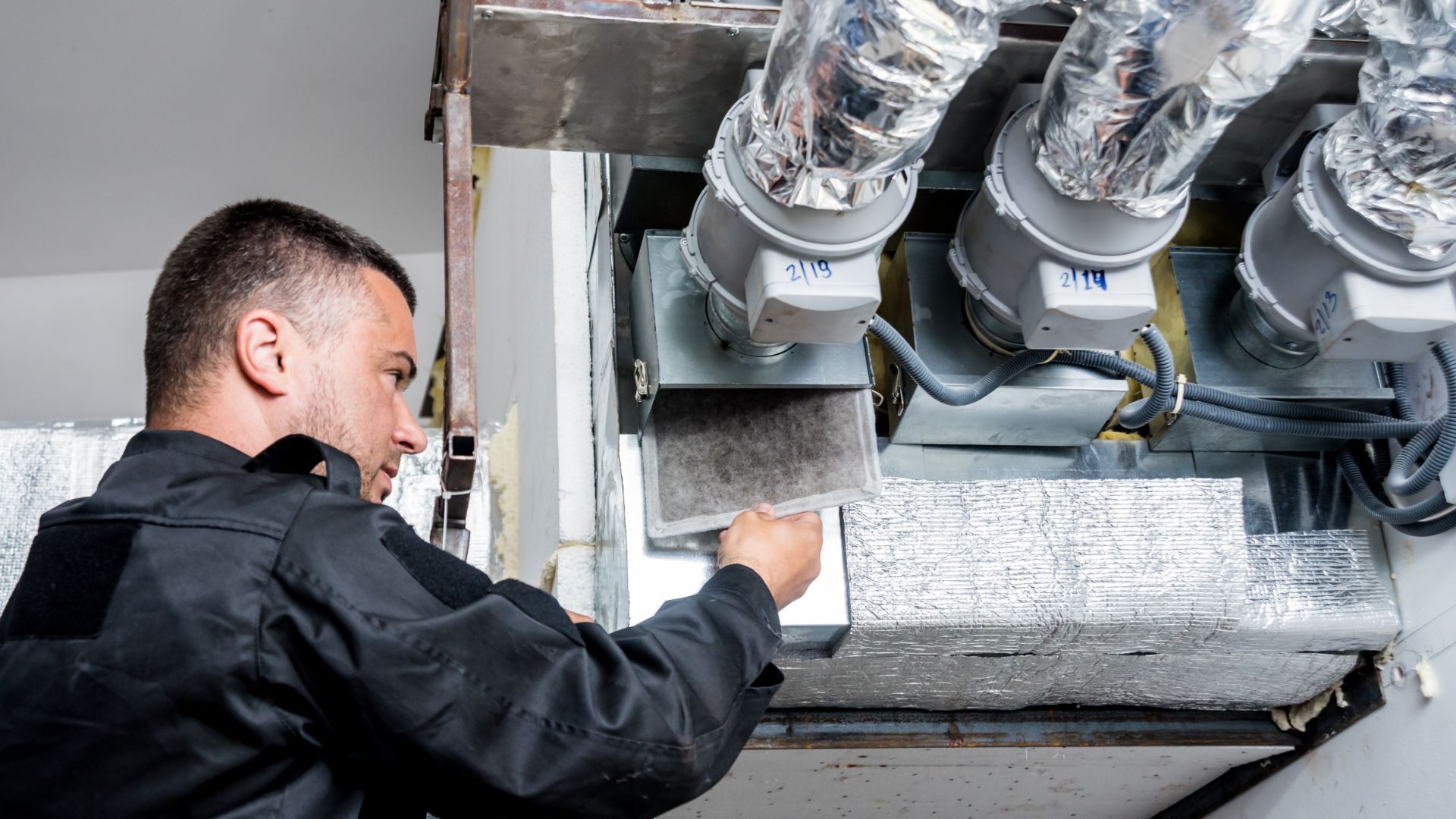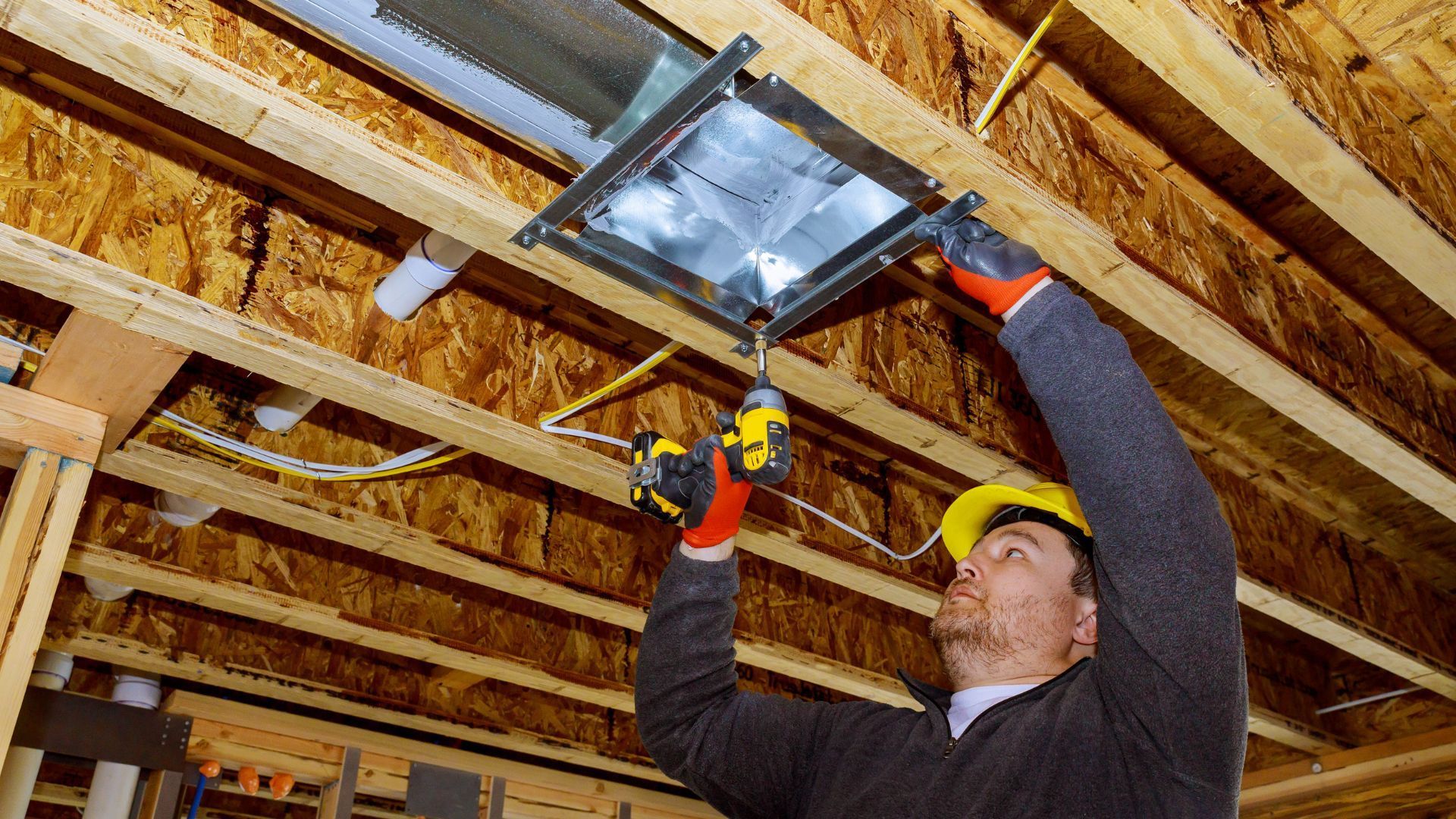Working Hours: Monday - Friday 08:00 AM - 04:30 PM
Advantages Of Choosing Electric Water Heaters
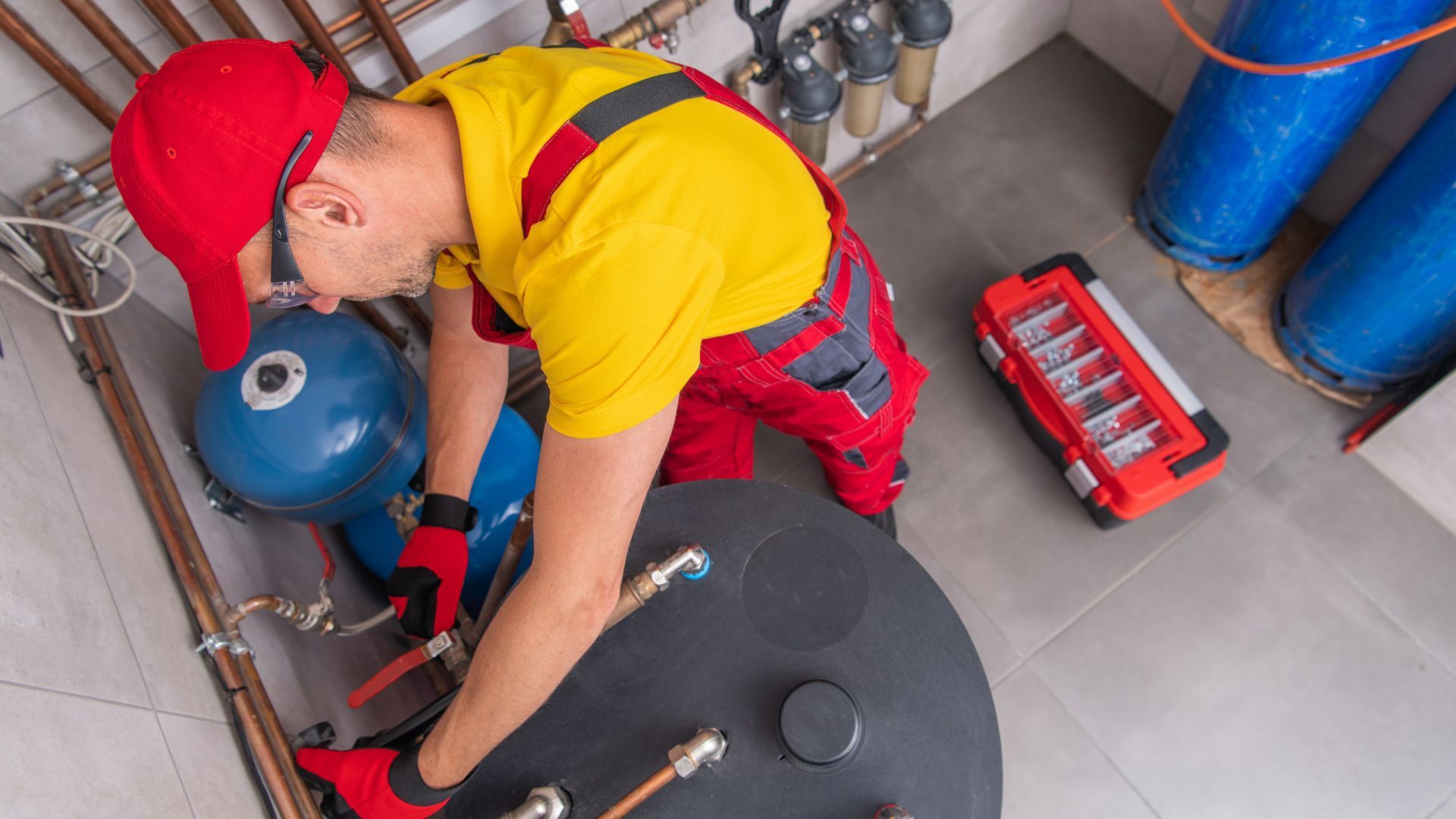
In today's fast-paced world, access to hot water is essential for various daily tasks, from taking showers to doing dishes. The choice of a water heater can significantly impact your comfort and energy bills. Electric water heaters have emerged as a reliable and efficient solution, providing several distinct advantages that make them an attractive option for homeowners.
In this comprehensive guide, we will delve into the numerous advantages of choosing electric water heaters over other options. From energy efficiency to convenience, we'll explore why electric water heaters are the top choice for many households.
Perks Of Having An Electric Water Heater
- Energy Efficiency
One of the primary advantages of electric water heaters is their energy efficiency. Unlike traditional gas water heaters, which may have a pilot light burning constantly, electric heaters only consume energy when heating water. This results in lower energy bills and a reduced carbon footprint, making them an environmentally friendly choice.
Cost-Effective Installation
Electric water heaters are known for their ease of installation. They don't require complicated venting systems or access to gas lines, making the installation process quicker and more cost-effective. This advantage can save you both time and money during the setup phase.
Compact Design
Modern electric water heaters come in compact designs that can fit into tight spaces, such as closets or utility rooms. Their space-saving nature makes them ideal for homes with limited room for a water heater, optimizing your available space.
Rapid Heating
Electric water heaters are known for their rapid heating capabilities. They can quickly provide you with hot water when you need it, eliminating the need to wait for the water to heat up, as is often the case with gas water heaters.
Safety
Electric water heaters are generally considered safer than gas alternatives. There is no risk of gas leaks or carbon monoxide emissions, providing peace of mind to homeowners concerned about safety.
Durability
Electric water heaters are built to last. With proper maintenance, they can serve you for many years, offering reliable access to hot water without frequent repairs or replacements.
Customizable Temperature Control
Electric water heaters allow for precise temperature control, ensuring that you have hot water at the temperature you prefer. This feature is particularly useful for households with specific hot water needs.
Quiet Operation
Compared to some gas water heaters that can be noisy during operation, electric water heaters operate quietly, contributing to a peaceful home environment.
Versatility
Electric water heaters are versatile and can be used in various settings, from residential homes to commercial spaces. Their adaptability makes them a suitable choice for different water heating needs.
Low Maintenance
Maintaining an electric water heater is relatively straightforward. Periodic checks and flushing can keep your unit in excellent working condition for years.
No Venting Required
Unlike gas water heaters that require venting to expel combustion byproducts, electric water heaters do not need venting. This simplifies installation and reduces potential complications.
Eco-Friendly Options
For environmentally conscious homeowners, there are eco-friendly electric water heater models available. These units are designed to further reduce energy consumption and promote sustainability.
Remote Control and Smart Features
Many electric water heaters come equipped with smart features, allowing you to control and monitor your water heater remotely through a smartphone app. This level of convenience adds to the overall appeal of electric water heaters.
Solar Compatibility
Electric water heaters can be easily integrated with solar power systems, harnessing renewable energy sources to heat your water. This option aligns with sustainability goals and can lead to substantial energy savings.
Warranty Options
Most electric water heaters come with comprehensive warranty packages, providing added assurance that your investment is protected.
FAQs
Q: Are electric water heaters more energy-efficient than gas ones?
Yes, electric water heaters are generally more energy-efficient because they only consume electricity when heating water, whereas gas heaters often have pilot lights that consume energy constantly.
Q: Can I install an electric water heater in a small space?
Yes, electric water heaters come in compact designs that can fit into tight spaces, making them ideal for homes with limited room for a water heater.
Q: Do electric water heaters require a lot of maintenance?
No, electric water heaters require minimal maintenance. Regular checks and occasional flushing are usually sufficient to keep them in good working condition.
Q: Are electric water heaters safe to use?
Yes, electric water heaters are considered safe because they do not produce carbon monoxide or pose a risk of gas leaks.
Q: Can I control the temperature of my electric water heater?
Yes, most electric water heaters allow for precise temperature control, so you can set the water temperature to your preference.
Q: Are there eco-friendly electric water heater options?
Yes, there are eco-friendly electric water heater models designed to reduce energy consumption and promote sustainability.
Conclusion
In conclusion, the advantages of choosing electric water heaters are numerous and cater to the needs and preferences of modern homeowners. From energy efficiency to safety and convenience, electric water heaters have proven to be a reliable and cost-effective choice.
Their adaptability and eco-friendly options make them a smart investment for both residential and commercial settings. When it comes to providing hot water efficiently and conveniently, electric water heaters are undoubtedly the way to go.
Want to take your water to the next level? Take a look at the advantages of electric heaters for your water and contact us today!

INFORMATION
176 Rectory St, London, ON N5Z 2A5, Canada
Follow us on Facebook
BROWSE OUR WEBSITE
EMERGENCY SERVICE
